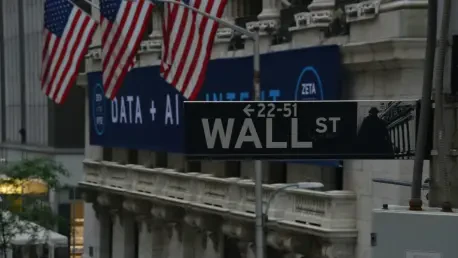
In the wake of significant market fluctuations, recent U.S. stock market indices, including the S&P 500, Dow Jones, and Nasdaq, have begun to show signs of decline following the S&P 500's record-breaking winning streak. This downturn is riding on the back of an atmosphere infused with
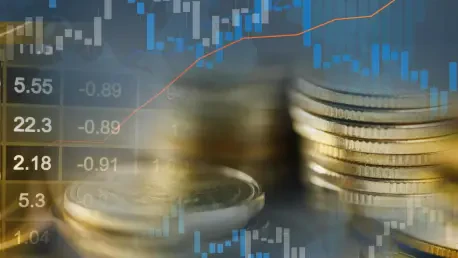
Priya Jaiswal is a renowned expert in Banking, Business, and Finance, with vast experience in market analysis, portfolio management, and international business trends. As businesses grapple with tumultuous economic conditions, many find themselves needing to rethink traditional practices to ensure
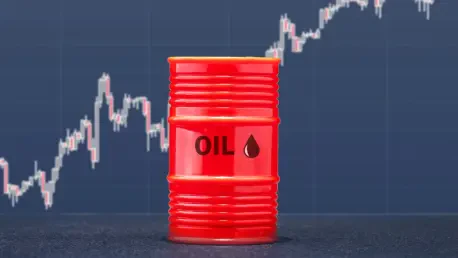
In today's intricate web of global economies, oil remains a pivotal force driving economic activities across a myriad of sectors. Priya Jaiswal, a distinguished expert in Banking, Business, and Finance, provides an invaluable insight into the dynamics of the oil market, elucidating its
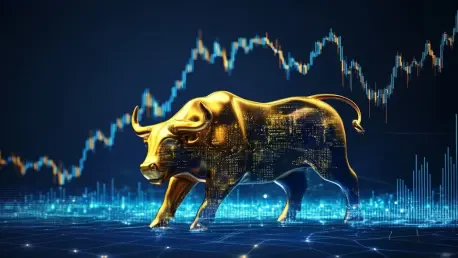
The recent fluctuations and trends in the U.S. stock markets have captured the attention of investors and analysts alike. Notable sell-offs followed by attempts at recovery have characterized market behavior in recent trading days. At the core of these movements lie the growing tensions between

In the fast-paced world of personal finance, having the right information at your fingertips can make all the difference in maximizing your financial returns. As interest rates experience fluctuations, there is a pressing need for consumers to stay informed about the most lucrative savings,
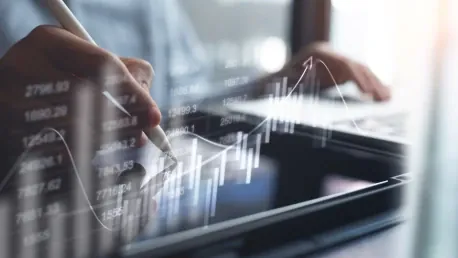
The article examines the declining relevance of the Council of Economic Advisers (CEA) in U.S. economic policymaking, particularly under President Donald Trump. Traditionally, the CEA provides objective economic advice to the president, but Trump often sidelined this council. Instead, he dismissed